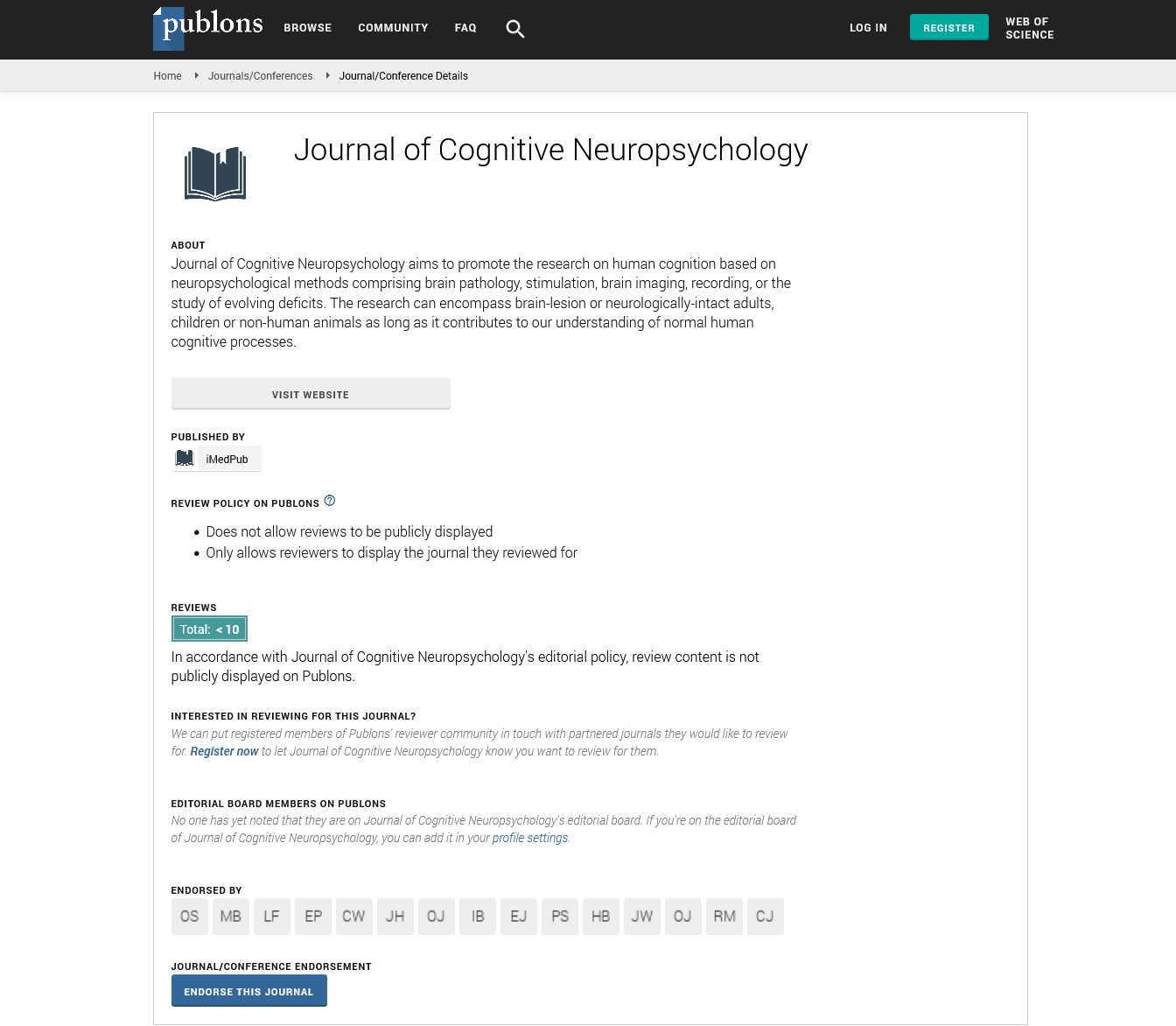Abstract
Mental Health 2020: Obsessive Consumption Disorder: Tackling the problem of handheld digital addiction - University of Manchester, UK
The significance of new technologies are always interrogated in the media upon release, with predictions being made as to their long term effects and impact upon the mental health and wellbeing of users. However, the long term impacts are often unpredictable and difficult to plan for. This paper will draw on
the combined experience of the co-authors to highlight the dangers of digital addiction, looking beyond online gambling and into the worlds of gaming, social media and augmented reality. Whether it is the pressure of posting, the time consuming nature of inhabiting the digital world, the impact of likes, or the purchasing of loot boxes, digital addiction can come in a wide variety of guises which are barely understood and even less accepted. After all, aren’t these online worlds just a game? Or a way to chat online? With suicide being one of the biggest killers for men under 50 and addiction being statistically more prevalent in men, this paper questions the role of the digital world in happiness, wellbeing and asks whether it is gendered. Today, internet and computer use are ingrained in contemporary society and have changed the way we live our lives more than any other technological medium yet. Despite this, we still know relatively little about the effects of internet addiction on our psychological functioning, mental health, and general well-being. Just last year, data from the Pew Research Center showed that 77% of Americans connect to the internet on a daily basis. While many believe that surfing the web or binging cat videos on YouTube is a relatively harmless act, there are some people who spend so much of their time using a computer or on the internet that it has begun to interfere with their daily lives. When an action or desire becomes a hindrance, taking precedence over the most important aspects of one’s life – relationships, work, school – it can become classified as an addiction.
Author(s): Joshua Bluteau
Abstract | PDF
Share This Article
Google Scholar citation report
Citations : 8
Journal of Cognitive Neuropsychology received 8 citations as per Google Scholar report
Journal of Cognitive Neuropsychology peer review process verified at publons
Abstracted/Indexed in
- Google Scholar
- Publons
- MIAR
Open Access Journals
- Aquaculture & Veterinary Science
- Chemistry & Chemical Sciences
- Clinical Sciences
- Engineering
- General Science
- Genetics & Molecular Biology
- Health Care & Nursing
- Immunology & Microbiology
- Materials Science
- Mathematics & Physics
- Medical Sciences
- Neurology & Psychiatry
- Oncology & Cancer Science
- Pharmaceutical Sciences
